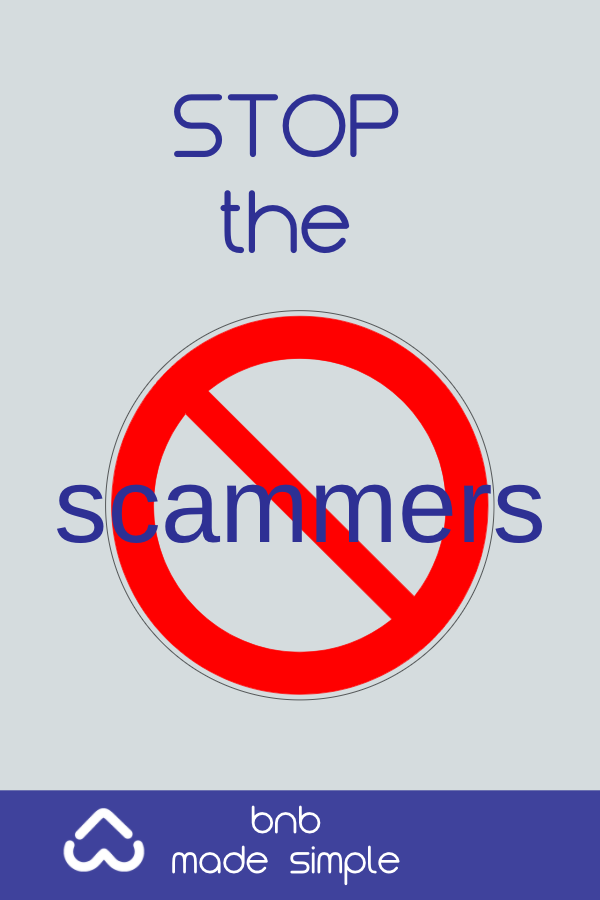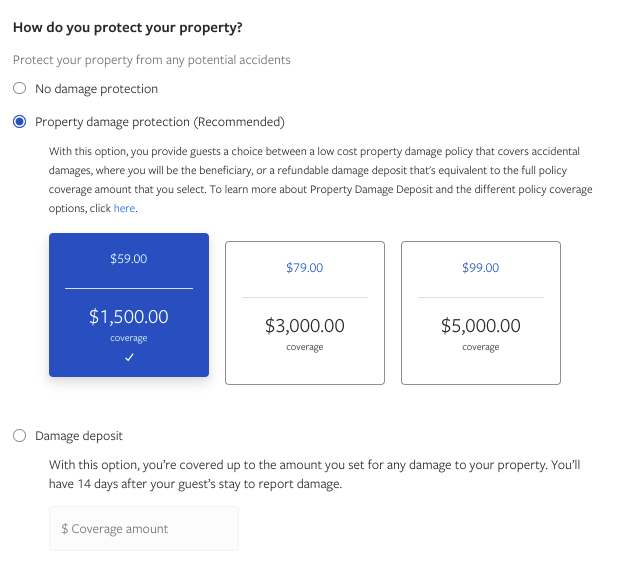One of the hardest things to get right in the world of short-term rentals is dealing with guest complaints.
You can learn how to separate the legit ones from the scammers with these tips…
Most hosts truly care about their guests’ experiences and want them to have a great time. As a result, I would hope that most of them are very responsive whenever guests voice complaints. (I certainly am!)
However, it’s a sad reality that some guests will try to game the system. It’s not unusual for them to make up reasons to complain as an excuse to get money refunded to them.
I suppose that’s not specific to the world of short-term rentals. It happens everywhere, in every industry and country :).
I’ve had people complain about rings in the toilet, only to admit later on that the rings showed up many days after they had checked in. Or complain about bugs, insisting that they took “tons” of pictures, and then refuse to send me any to verify their story. I’ve had them complain they were surprised that they couldn’t smoke in my listing, which is clearly labeled as “no smoking allowed.” I’ve had people ask for refunds because there were stairs in the space (which were also clearly listed).
I could go on, but I think I’ve made my point.

How to be proactive about protecting yourself against scammers
- Take pictures of the space after every cleaning (or have your cleaner take pictures and send them to you). Be sure to get shots of things like the insides of toilets, sinks, showers, fridges, microwaves, stoves, etc.
- Don’t ever call your guest a liar, but be firm in asking for verification when they have a complaint about something.
- Be as clear as possible about your house rules before they arrive, so they can’t claim ignorance as an excuse.
- If anyone EVER offers to pay outside the platform…DO NOT ACCEPT IT! No offers to pay in full in advance…no offers to have their boss send you a check…no paying extra to secure the dates…nothing like that! (And as an aside, obvious bad grammar is often a yellow flag. At least in my experience.)
- If you accept a reservation that you’re not totally comfortable about, make sure you require a security deposit. On Airbnb, there is an option to have an optional security deposit field that you should use, because if there IS a claim, having a security deposit posted on your listing will make the entire claims process easier (much less fighting with Airbnb support to cover you). On Booking.com, you can have a security deposit, but you have to collect it in advance directly from your guest, and they have no support from the platform if there is a problem. VRBO gives guests the option to pay for insurance or have a charge on their credit card for an amount (specified by you) that will be reimbursed after their trip has been completed if there is no claim. Check your settings to arrange this in your account. (Listing -> Calendar -> Settings -> Damage protection)

With the right settings and using your intuition, scammers don’t stand a chance
Truth be told, they will always be out there. However, you can be ready and waiting, cool as a cucumber when they make their appearance. Continuing to serve your guests and grow your business...

